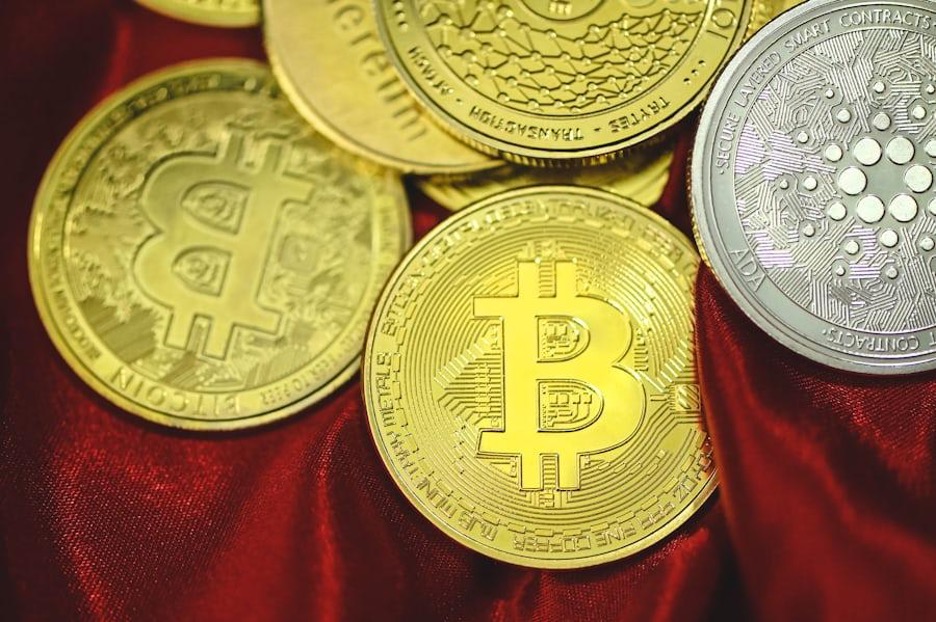Love it or hate it, it is hard to deny the impact that cryptocurrency has had on the world since its inception. More specifically, it is hard to deny its appeal to the public. Cryptos like Bitcoin have outperformed many traditional assets and every day, we see now tokens popping up with unique capabilities.
While some governments around the world were initially hesitant to back crypto, some have come around. A notable example is Bolivia which recently reversed a decade-long ban on cryptocurrencies, opening the door for its legal use in the country.
Bolivia Makes a U-Turn
Banco Central de Bolivia announced on June 26, 2024, that the ban on crypto transactions in the country, first passed in 2014, has been removed. As such, financial institutions within the country will be able to legally facilitate their use.
The reason given for this was the current economic downturn within the country that the central bank is hoping crypto can address. This is similar to El Salvador, which accepted crypto as legal tender a few years ago amidst hyperinflation and other economic issues. While Bolivia is not accepting crypto as legal tender, the same sentiment exists.
Now that this ban has been reversed, Bolivian citizens can legally explore all the ways of using crypto, of which there are a lot. As Kane Pepi explains, there is a wealth of crypto casinos that tokens can be spent on. Consumers can even opt for an anonymous casino if they want to protect their privacy.
Many businesses in the country can also begin accepting crypto for their goods and services, which will drive their use. Given how new of a development this is, it will take some time for crypto use to become mainstream in Bolivia but this is a step in the right direction.
Bitcoin Wholecoiner Wallet Addresses Hit 1 Million
This development from Bolivia comes at an interesting time as Bitcoin wholecoiner wallets have crossed the 1 million mark. According to data from Glassnode, the number of crypto wallets with at least 1 Bitcoin has been at the 1 million mark for over a year now/
A wholecoiner is a crypto holder who holds at least one unit of Bitcoin and the number of them in the market is often indicative of the state of the market. This data suggests that not only are more people buying Bitcoin but more people are holding on to it.
It is also interesting that this data spans the last 13 months. For a good chunk of 2023, Bitcoin (along with most of the crypto market) was in a slump and struggling to recover its price. However, in the latter part of the year, there was talk of the price making a comeback. It would thus suggest that some crypto holders went into ‘HODL’ mode and decided the wait out the rest of the winter.
As 2023 came to an end, the spot Bitcoin ETF seemed in sight and the halving was only months away. Again, it appears that Bitcoin holders decided that it would be better to hold on to their tokens. Interestingly, the number of wholecoiners did not decline even when the price of Bitcoin hit a new all-time high and even in the months after.
If and when the number of Bitcoin wallets with at least 1 BTC does dip below 1 million, it will be interesting to see what triggers it. At the same time, it is possible that while some token holders did sell during the latest bull run, they were replaced by new market entrants.
The fact that Bitcoin has been so profitable would have inevitably led to more people starting to hold it. Now that the number of wholecoiners has been above 1 million for over a year, the industry has a new threshold to live up to. Given that crypto as a whole is more mainstream than ever, it is possible that this standard will be upheld over time.
Conclusion
Despite all the setbacks it has faced, it seems there is no stopping the crypto industry. Not only has Bolivia gone back on its previous ban and allowed crypto transactions but Bitcoin wallets with at least 1 token have been over a million for over a year.
The first development is likely going to support the second and see even more people enter the crypto market. Bolivia’s decision could go on to influence other crypto-averse nations, especially if the use of digital assets goes on to help with the current economic situation.
